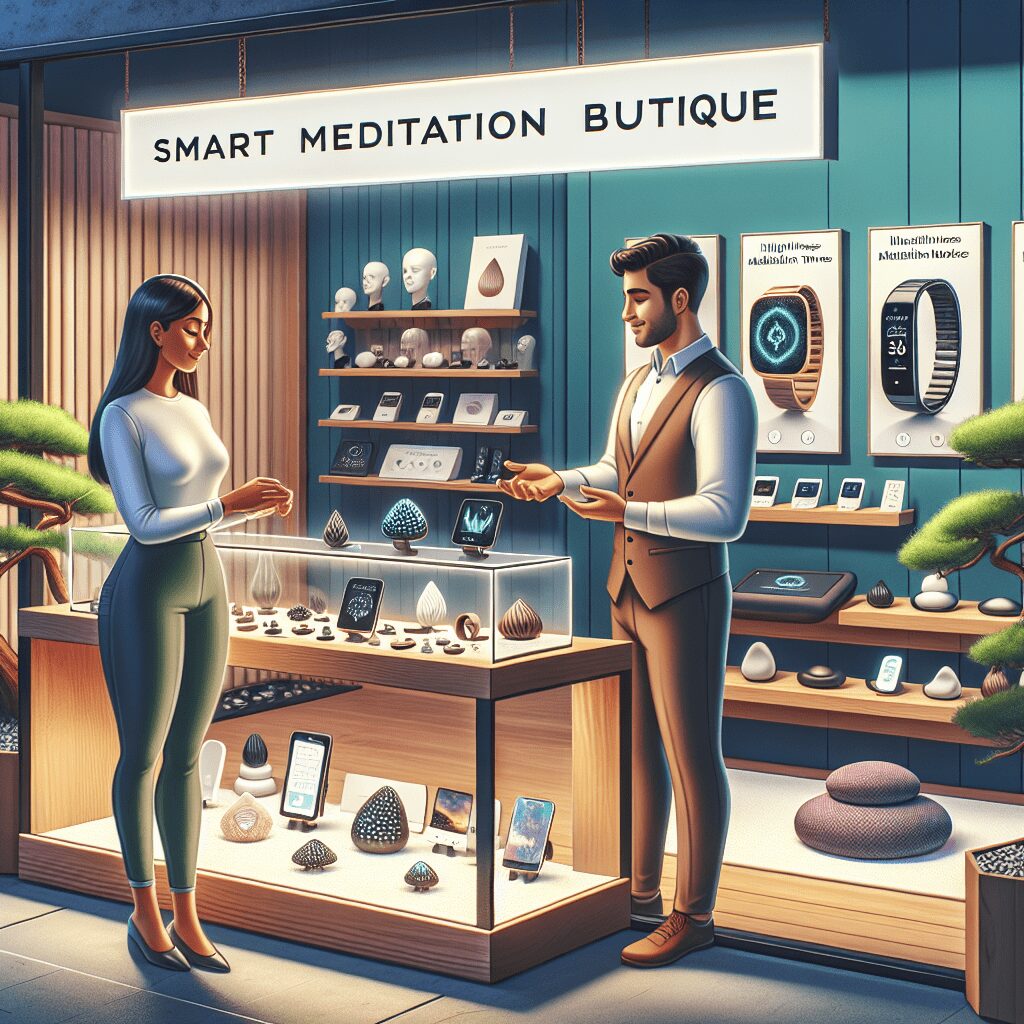
Prioritize your mental well-being daily. Enhance your life by nurturing your mental health with the Smart Meditation app. Break free from stress, alleviate anxiety, and enhance your sleep quality starting today.
How To Reduce The Impact Of Drinking Alcholol When On Depression Medication?
Unraveling the Conundrum: Managing Alcohol While on Antidepressants
Let’s face it, navigating life’s stormy waters is tough enough without throwing alcohol and antidepressants into the mix. Yet, here we are, seeking ways to minimize the turbulence. Balancing the desire to unwind with a drink and managing one’s mental health can feel like walking a tightrope. But don’t fret just yet! With a bit of savvy, understanding, and caution, diminishing the impact of alcohol while on depression medication isn’t just a pipe dream. So, pull up a chair as we dive into this intricate dance of dos and don’ts.
Understanding the Dynamics at Play
Mixing alcohol with antidepressants is generally not the best soirée on your social calendar. Why, you ask? Well, both alcohol and most medications used to combat depression affect your brain. Alcohol is a known depressant, and while that glass of wine might seem like it’s lifting your spirits, it’s actually pulling the rug out from under your brain’s delicate chemical balance. When you’re on medication to stabilize that very balance, alcohol can disrupt the process, possibly diminishing the efficacy of your medication, exacerbating symptoms of depression, or leading to unexpected side effects.
That said, life’s a marathon, not a sprint, and asking someone to forever abstain from social libations might be a tall order. So, if you find yourself in a scenario where the call of the wine glass is too strong to ignore, here’s how you might minimize the risk:
Strategies for Safer Sipping
-
Knowledge Is Power: Start by discussing your drinking intentions with your healthcare provider. This chat can provide insights specific to your medication and personal health history. It’s not about getting a free pass but understanding the unique risks.
-
The Art of Moderation: If you get the green light, moderation is your new best friend. This means sticking to light to moderate drinking. Think of it as savoring the journey, not racing to the finish line.
-
Hydrate, Hydrate, Hydrate: Alternating between alcoholic and non-alcoholic drinks is a clever hack. This not only slows down your alcohol consumption but also keeps dehydration, often a sidekick of both hangovers and heightened depression symptoms, at bay.
-
Food Is Your Ally: Never dive into drinking on an empty stomach. A good meal can slow the absorption of alcohol, giving your body a better fighting chance to cope.
-
Listen to Your Body: This is non-negotiable. Any unusual symptoms or feelings post-consumption should be a red flag. Your body’s whispering, “this isn’t working for me,” and it’s imperative you listen.
Making Informed Choices
Ignorance isn’t bliss when it comes to mixing alcohol with depression meds. The cocktail can be unpredictable, but being armed with knowledge, moderation, and a sprinkle of caution can make all the difference. Remember, prioritizing your mental health isn’t about dodging every social drink; it’s about making informed choices that keep the scale balanced.
In the pursuit of wellness, understanding that sometimes the best decision might be to skip the drink is crucial. And on occasions when moderation is manageable, it’s about enjoying the moment without letting it tip the scales against your mental health journey. Choose wisely, drink smartly, and here’s to navigating the complexities of this journey with grace and awareness.





